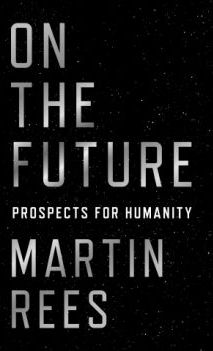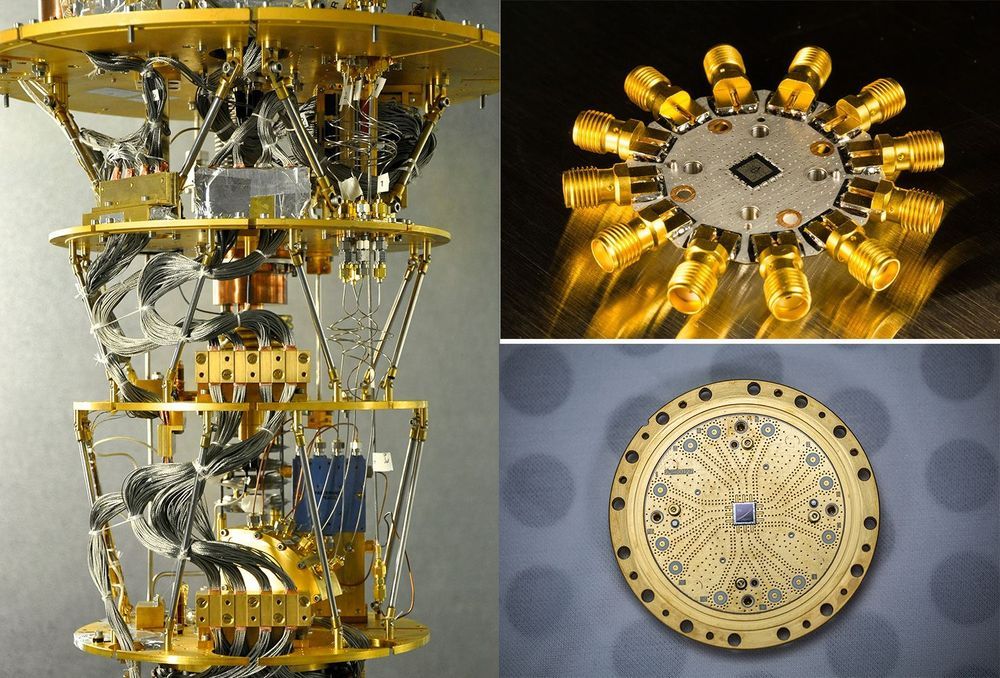
The imperative of developing artificial intelligence (AI) could not be more clear when it comes to exploring space beyond the Solar System. Even today, when working with unmanned probes like New Horizons and the Voyagers that preceded it, we are dealing with long communication times, making probes that can adapt to situations without assistance from controllers a necessity. Increasing autonomy promises challenges of its own, but given the length of the journeys involved, earlier interstellar efforts will almost certainly be unmanned and rely on AI.
The field has been rife with speculation by science fiction writers as well as scientists thinking about future missions. When the British Interplanetary Society set about putting together the first serious design for an interstellar vehicle — Project Daedalus in the 1970s — self-repair and autonomous operation were a given. The mission would operate far from home, performing a flyby of Barnard’s Star and the presumed planets there with no intervention from Earth.
We’re at an interesting place here because each step we take in the direction of artificial intelligence leads toward the development of what Andreas Hein and Stephen Baxter call ‘artificial general intelligence’ (AGI), which they describe in an absorbing new paper called “Artificial Intelligence for Interstellar Travel,” now submitted to the Journal of the British Interplanetary Society. The authors define AGI as “[a]n artificial intelligence that is able to perform a broad range of cognitive tasks at similar levels or better than humans.”
Continue reading “Artificial Intelligence and the Starship” »


















